This article was originally published on Benzinga and appears here with permission.
Numinus Wellness announced the launch of a new clinical trial that will add information to an industry insider debate: is naturally produced psilocybin as good as synthetic psilocybin?
Numinus’ new Phase I clinical trial, to be conducted in partnership with , will test out the company’s own naturally derived psilocybin formulation on human subjects.
The trial will enroll 14 healthy volunteers and will assess the safety and psychoactive properties of a Psilocybe mushroom formulation extracted at the Numinus Bioscience lab in British Columbia.
The company holds a license to cultivate and extract magic mushrooms in Canada.
As opposed to most psilocybin clinical trials today, Numinus’ study uses a derivative of natural mushrooms instead of a synthesized version of the plant.
The company did not clarify whether the formulation contains isolated psilocybin derived from natural mushrooms, or a full-spectrum formulation, which would include psilocybin and other natural tryptamines.
“We believe there are several likely advantages to naturally occurring Psilocybin therapeutics that will make them attractive for researchers and consumers alike,” said Sharan Sidhu, science officer and general manager at Numinus Bioscience.
“We are confident that this trial will document that natural Psilocybin extractions meet health regulator requirements for safety, efficacy and quality, and ultimately enable the establishment of better access to this medicine,” she added.
Need a little more Bluntness in your life? Check out our YouTube page!
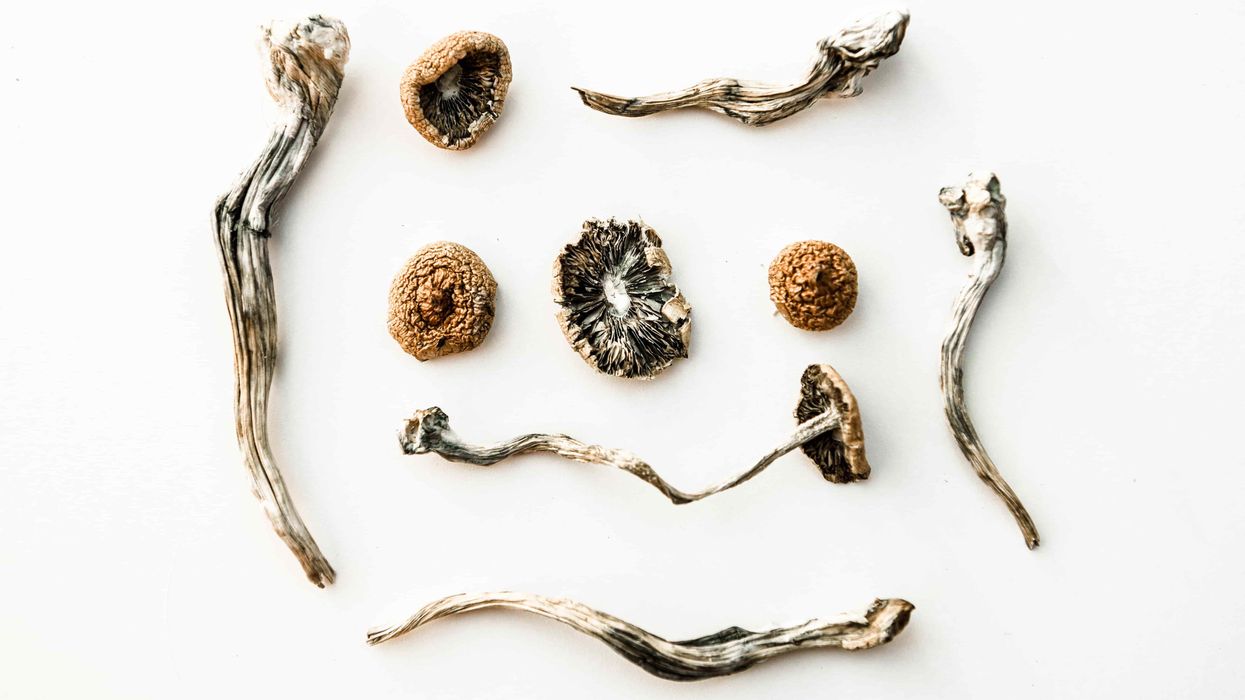







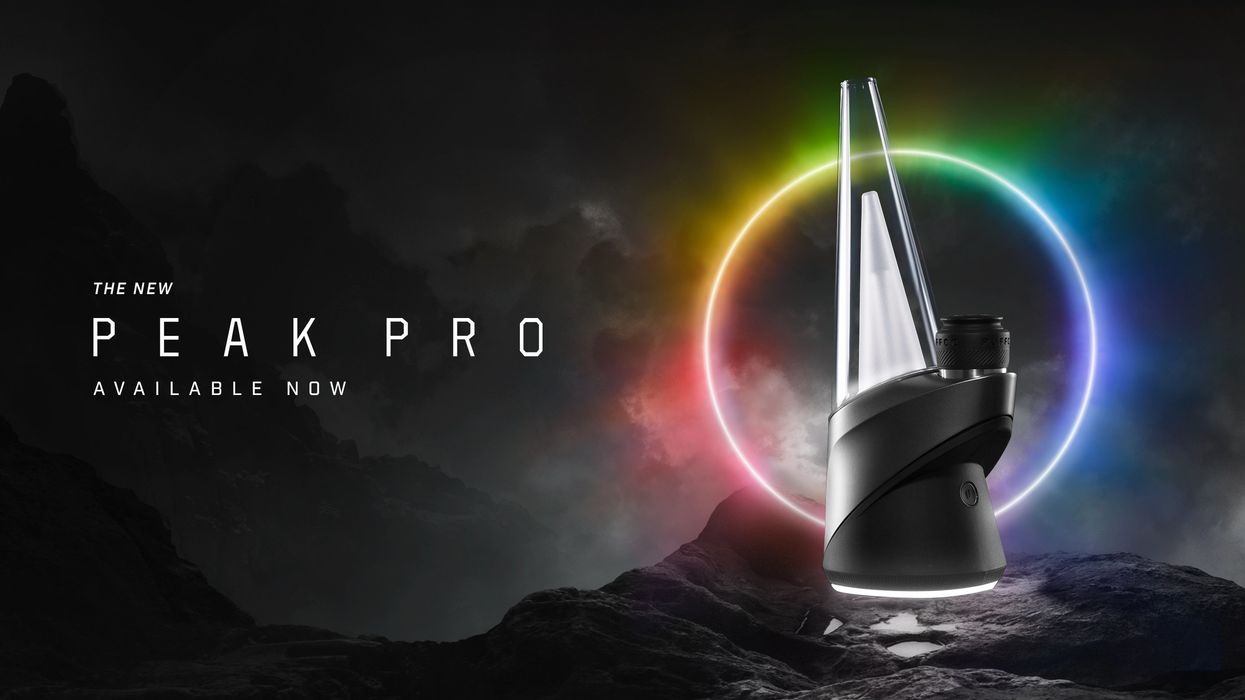



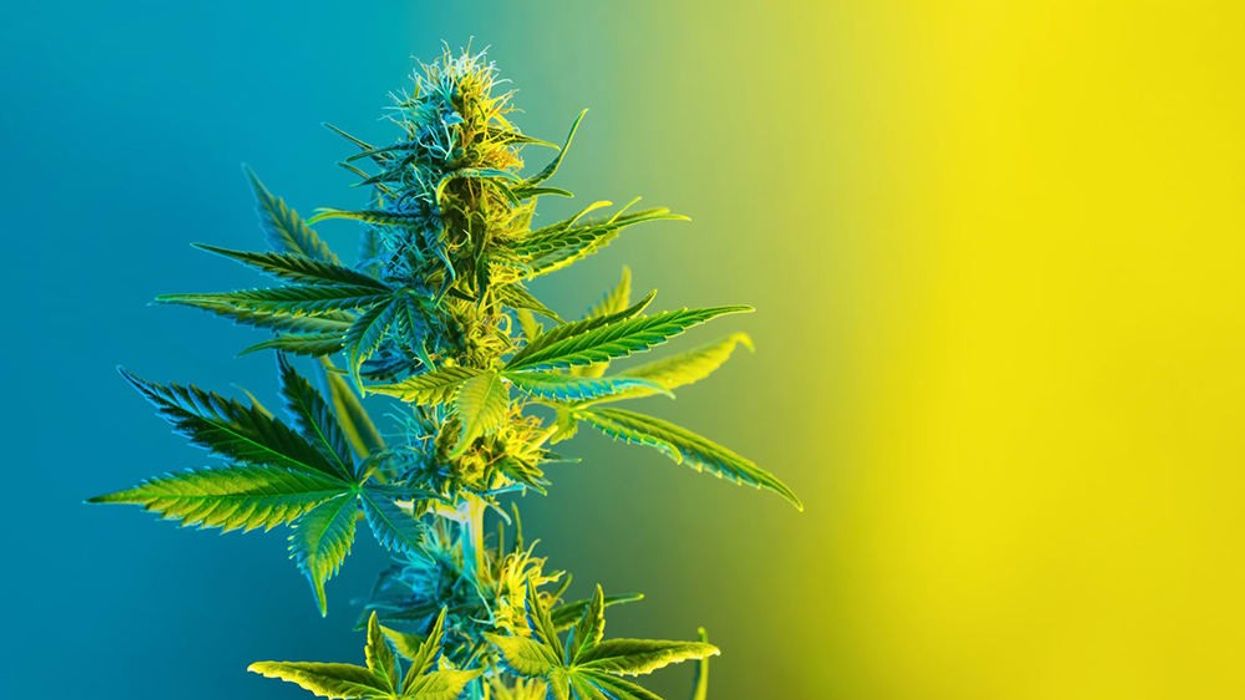


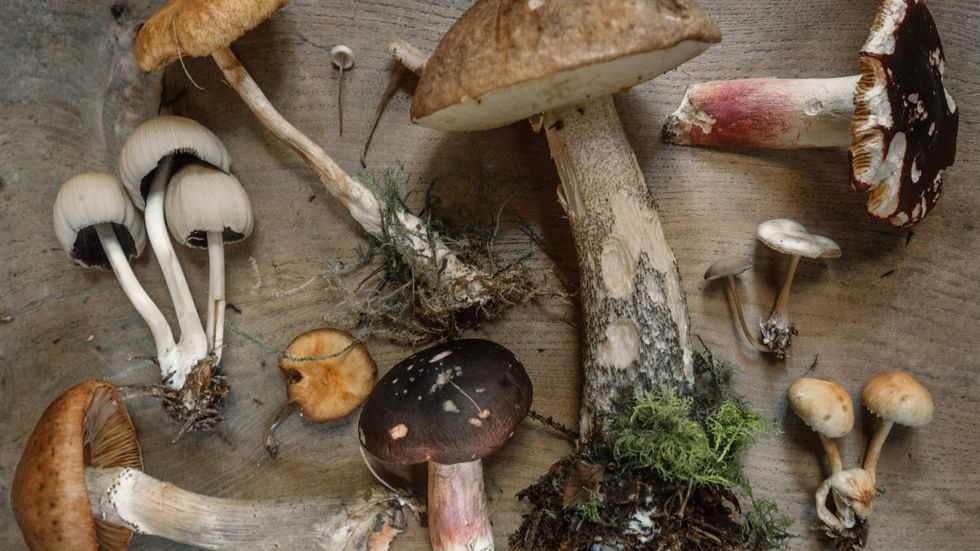 How Long Do Shrooms Last? Magic Mushroom Guide for Beginners - The Bluntness
How Long Do Shrooms Last? Magic Mushroom Guide for Beginners - The Bluntness Psilocybin can provide a life-altering experience. -The Bluntness
null
Psilocybin can provide a life-altering experience. -The Bluntness
null
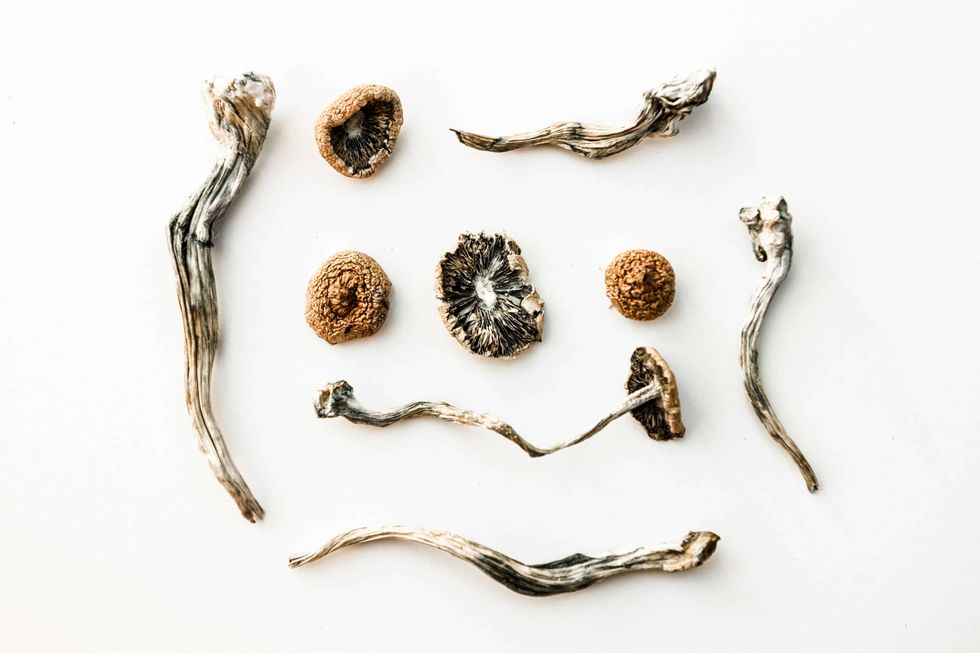 “Don’t diddle the dose. Once you have done your homework, go for it.” -- Terence McKenna
The Bluntness
“Don’t diddle the dose. Once you have done your homework, go for it.” -- Terence McKenna
The Bluntness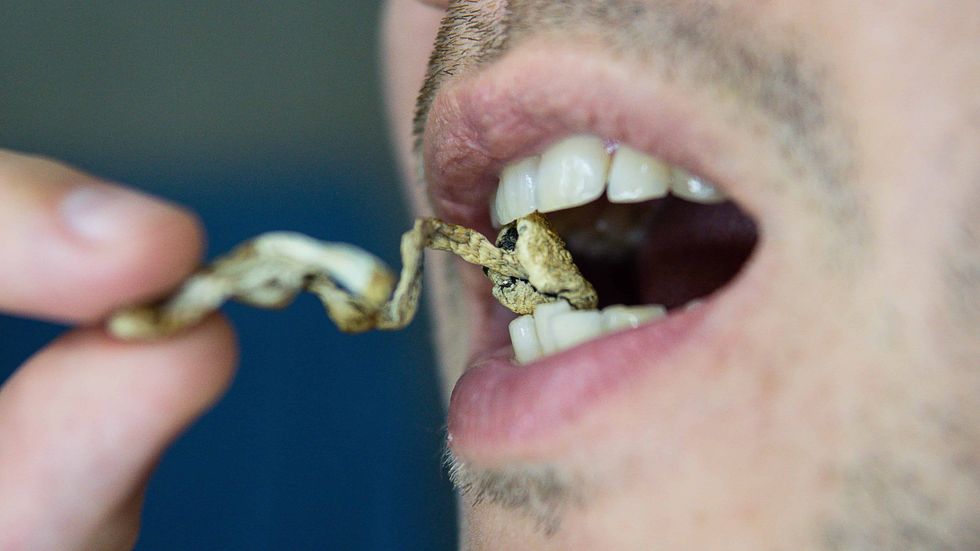 These mushrooms taste gross, but there are ways around that.The Bluntness
These mushrooms taste gross, but there are ways around that.The Bluntness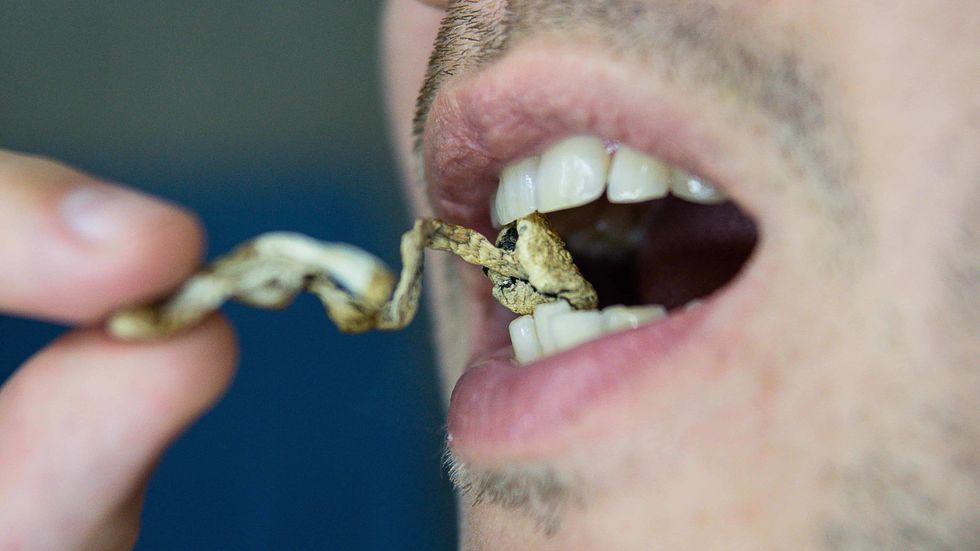 These mushrooms taste gross, but there are ways around that.
These mushrooms taste gross, but there are ways around that.
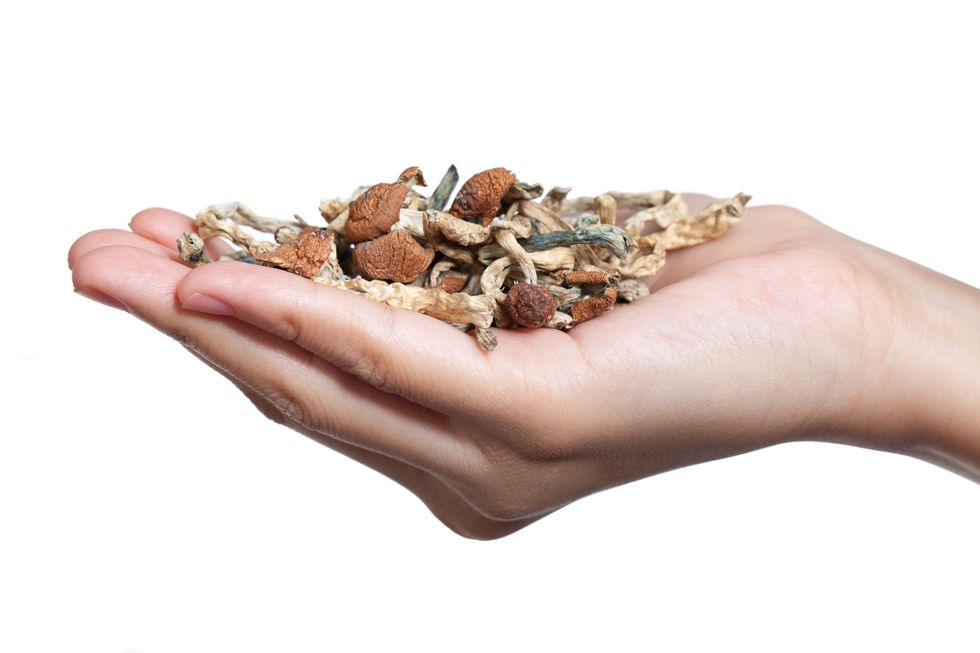 How to Make Mushroom Tea - The Bluntness
null
How to Make Mushroom Tea - The Bluntness
null
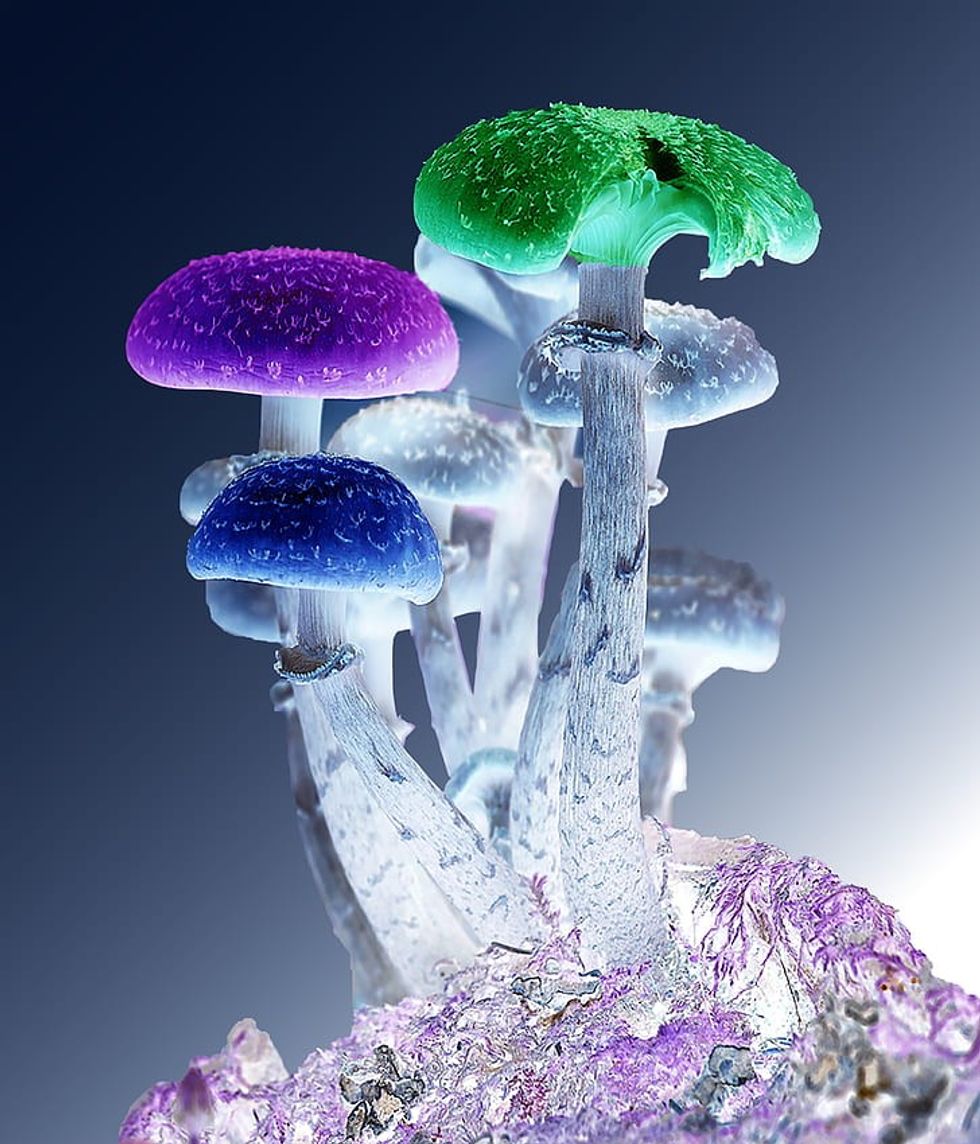 How to Make Mushroom Tea - The Bluntness
www.pickpik.com
How to Make Mushroom Tea - The Bluntness
www.pickpik.com

 How to Store Magic Mushrooms
How to Store Magic Mushrooms How to Store Magic Mushrooms
How to Store Magic Mushrooms How to Store Magic Mushrooms
How to Store Magic Mushrooms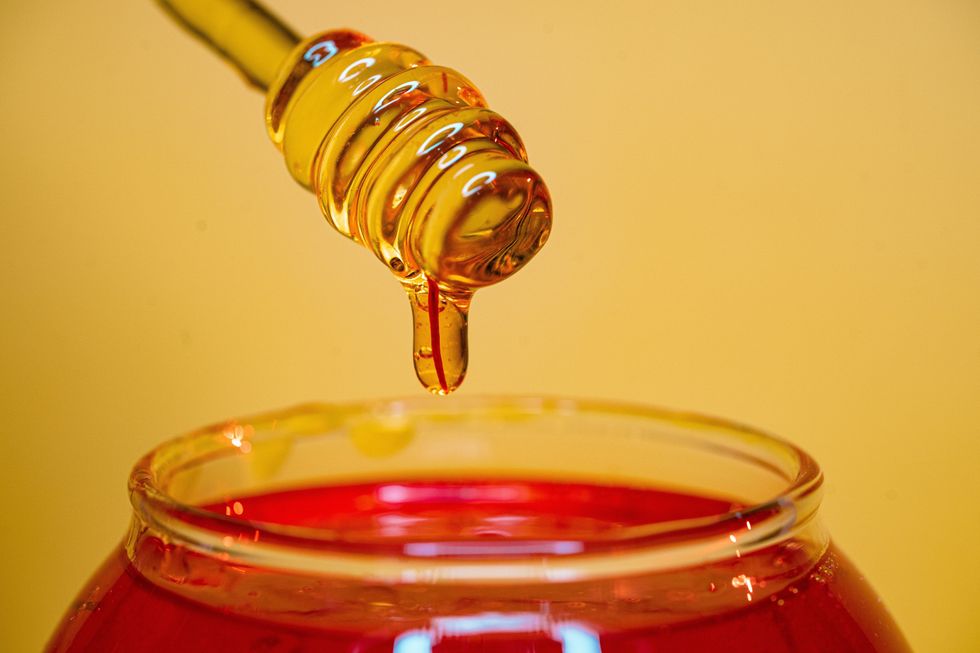 How to Store Magic Mushrooms
How to Store Magic Mushrooms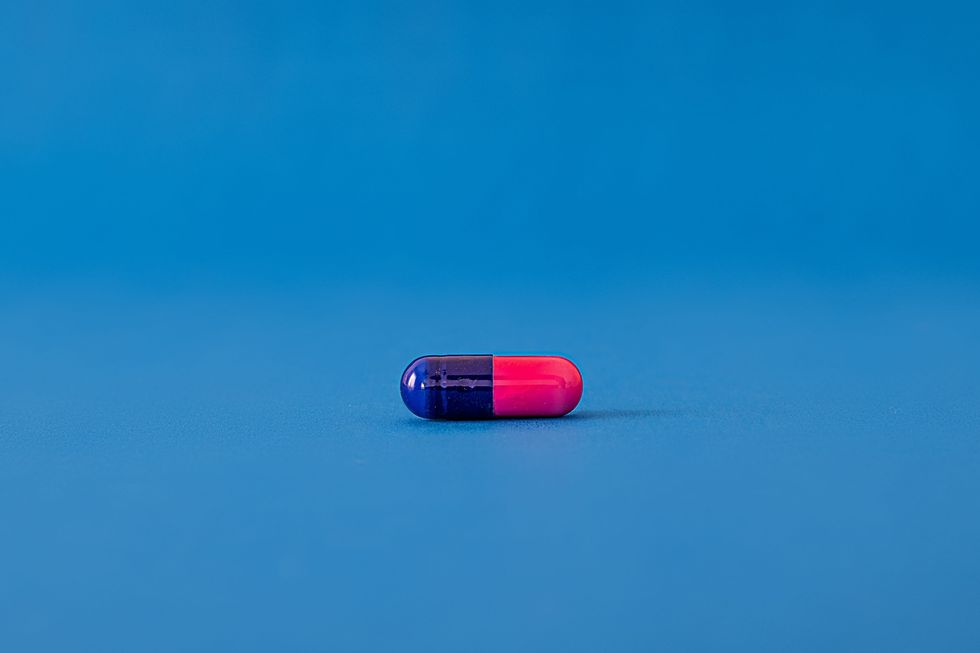 How to Store Magic Mushrooms
How to Store Magic Mushrooms